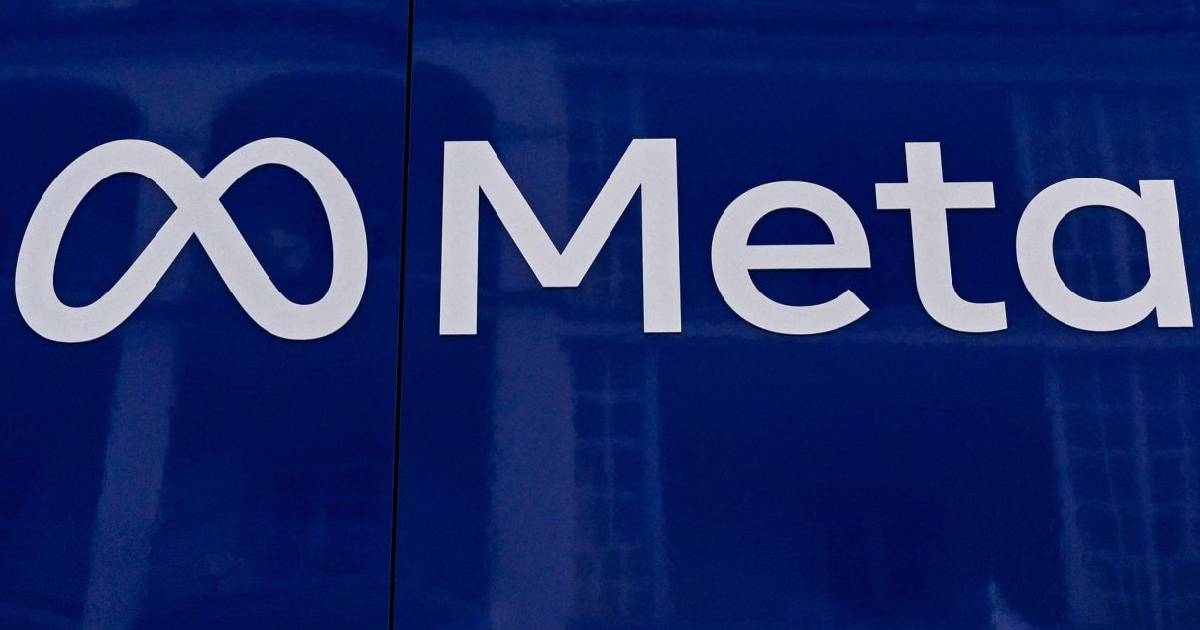A tax increase of 37.8%, instead of the current 30.5%, will be imposed on the gambling industry in the Netherlands by the government.
Dutch lawmakers have agreed to a smooth transition towards the tax target over the next few years, with the 37.8% tax being introduced in 2026 after the 34.2% tax is rolled out in 2025.
Businesses will have time to modify their operations and make the required adjustments in order to meet the new tax target because of the grace period.
The government has stated that keeping "healthy public finances" is its top priority, and the rise in gambling was not pointless; rather, it was in line with this overarching plan to do so.
The government is prepared to provide a tit-for-tat, though. By introducing the 37.8% levy, the government is discontinuing the tax on customer winnings, which brought €450m in revenue, which will now be made up directly out of the operators’ bottom line instead.
The tax may have major effects on gambling businesses and ecosystems, even though it makes sense on paper. For example, the Netherlands Olympic Committee expressed concerns that heavier taxing of gambling companies could impact the funds going to professional and amateur sports.
Similar to this, Nederlandse Loterij has urged the government to exercise greater caution and impose a higher tax on products like slots than lotteries, which it views as a far safer kind of gambling entertainment. Industry associations have been largely negative in the interim.
"The government's concession to introduce the tax in tiers was partially a sign that the industry would suffer if it were to absorb the full levy from the beginning," said Eric Konnings, interim general secretary of NOGA. Konnings contended that the government has taken the necessary precautions in this respect.







